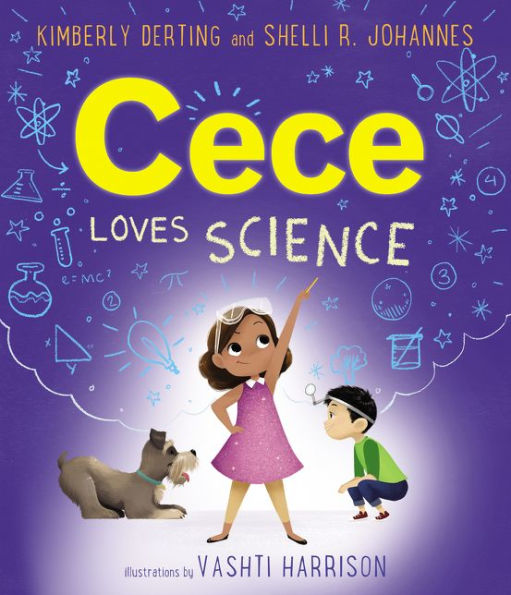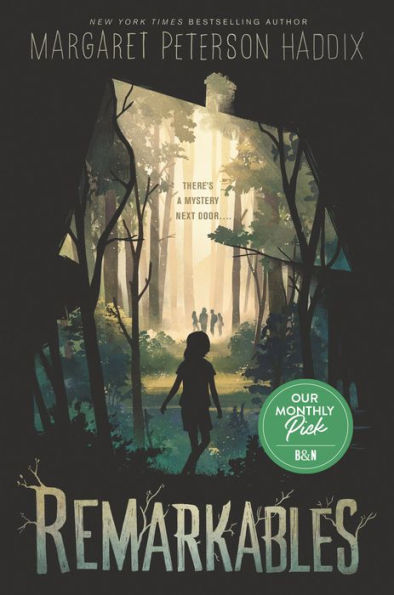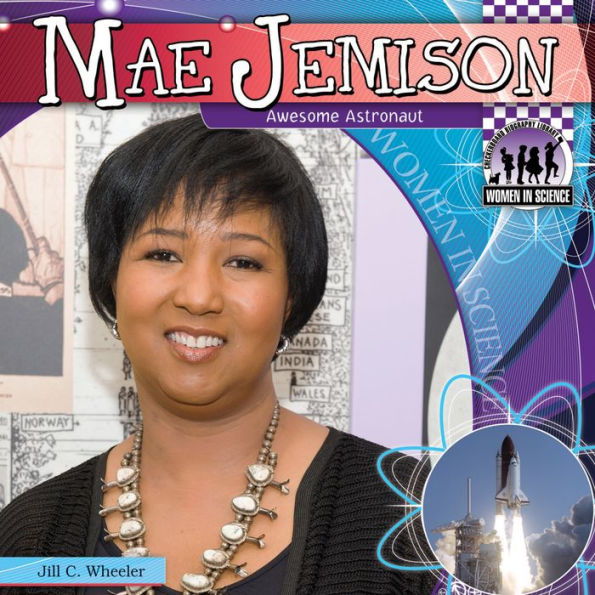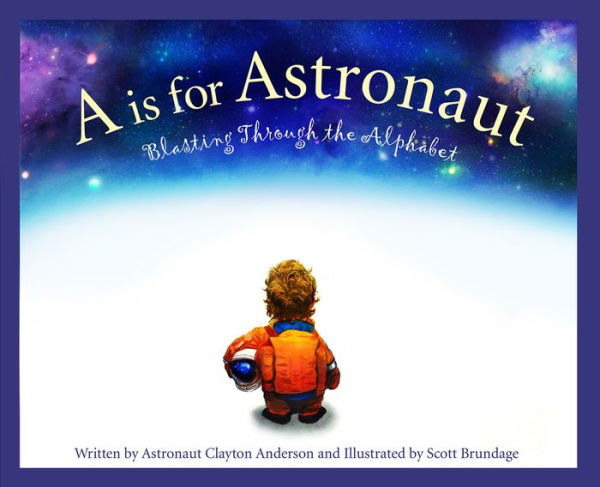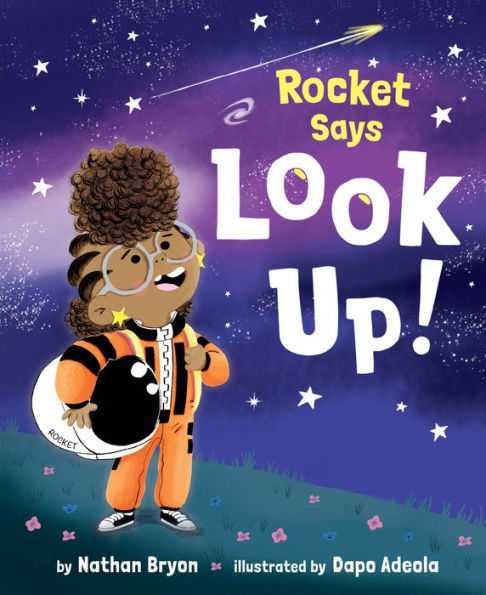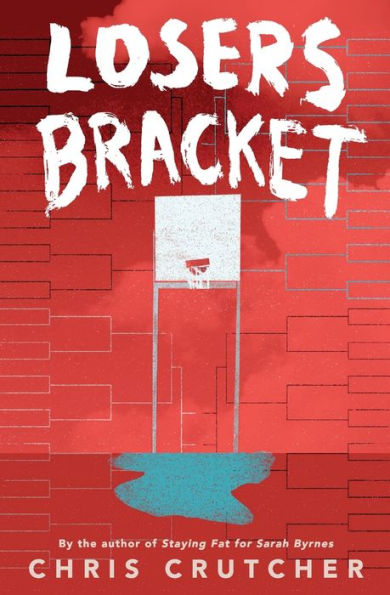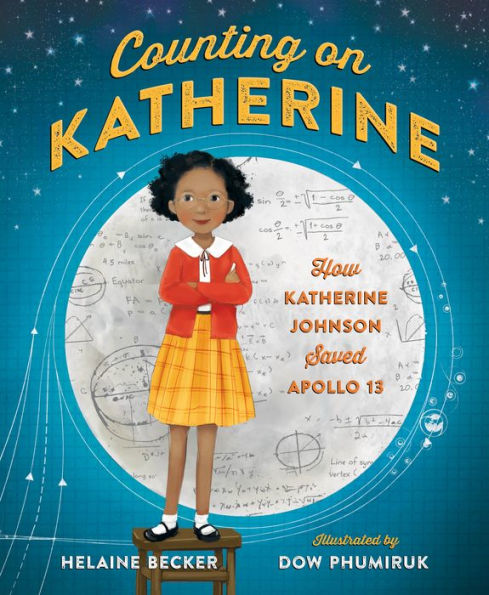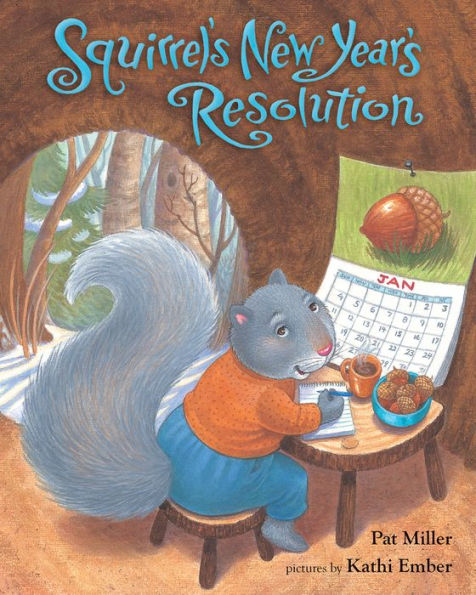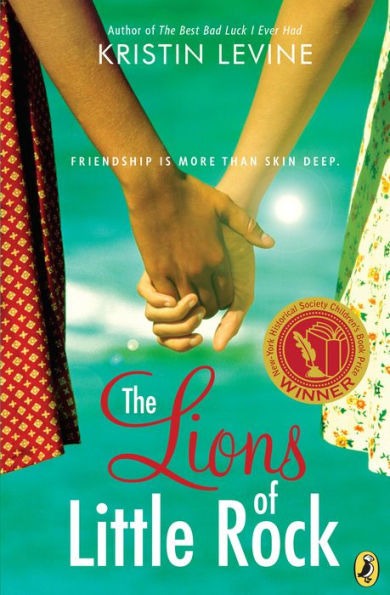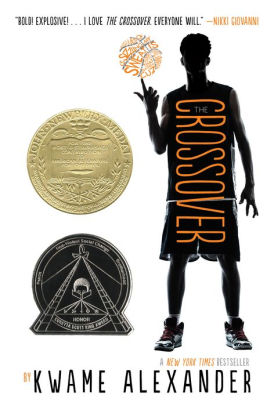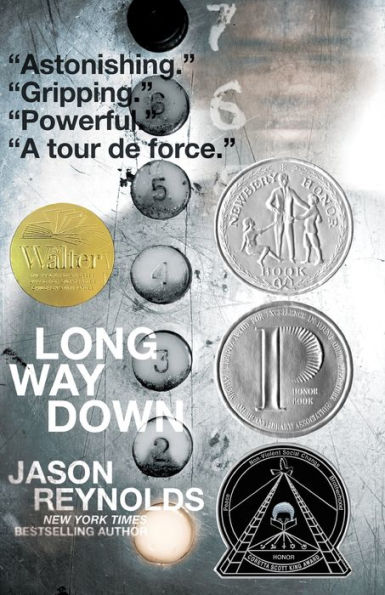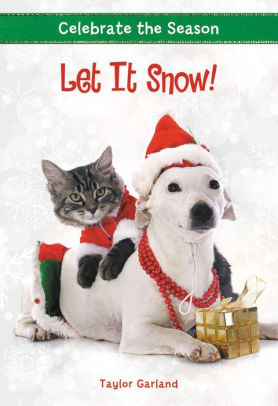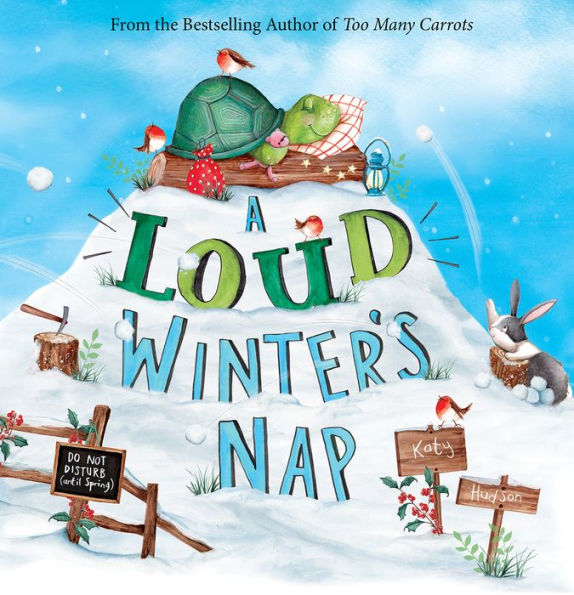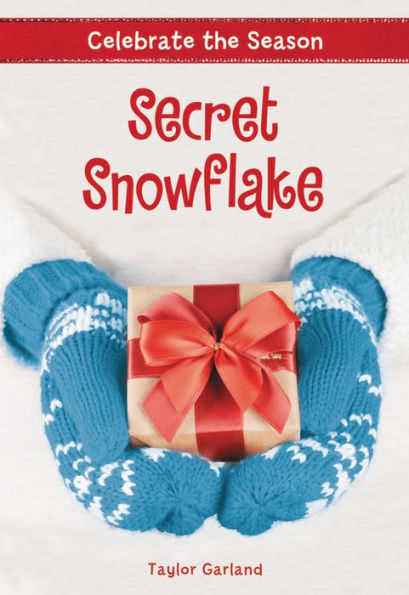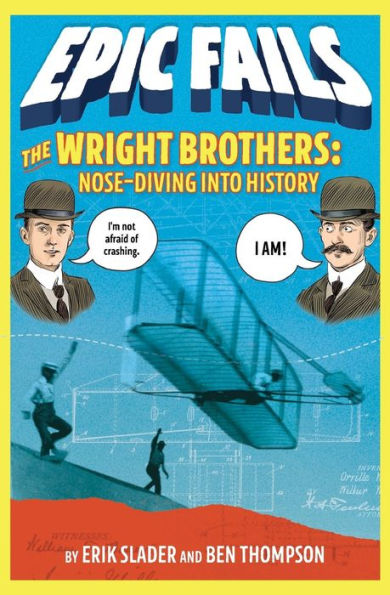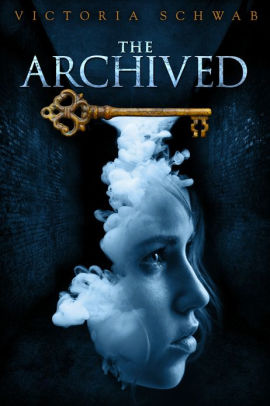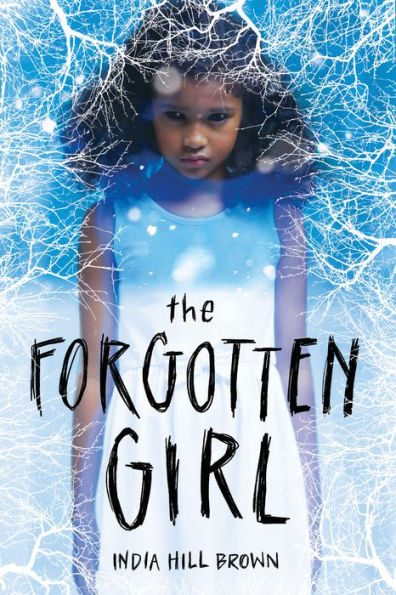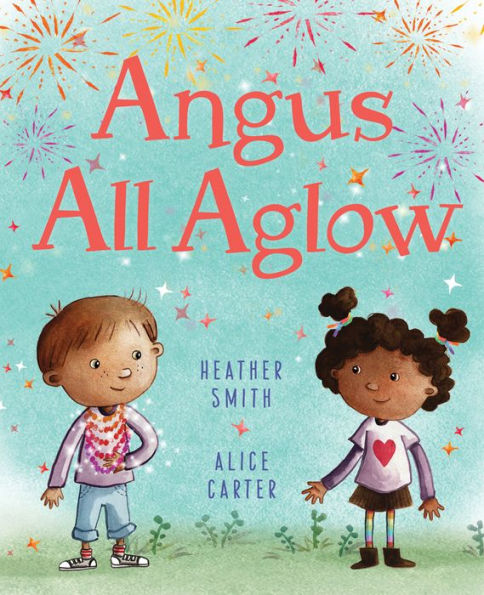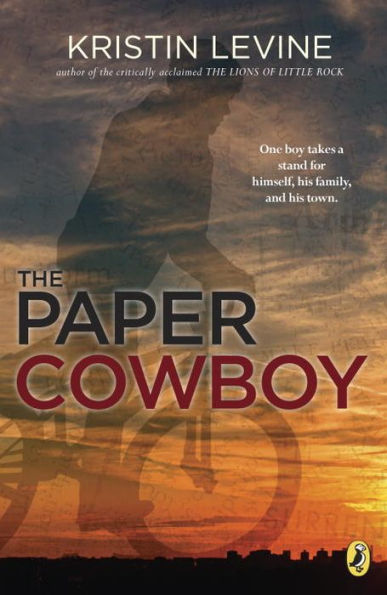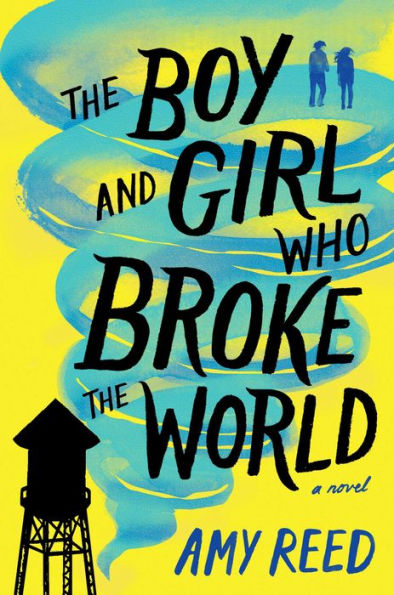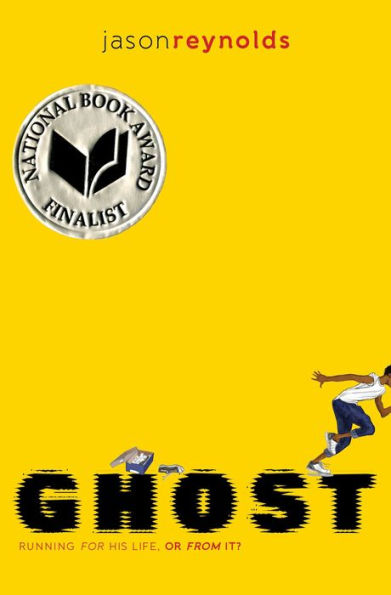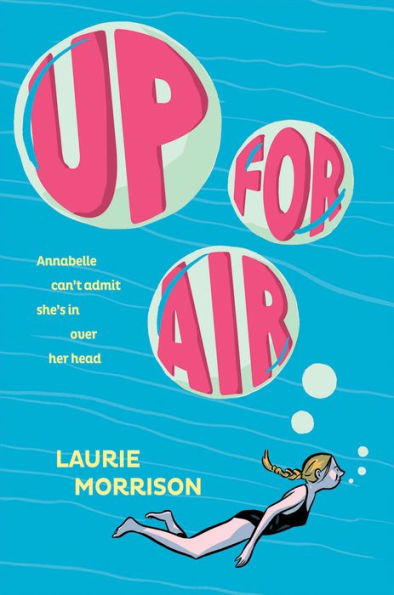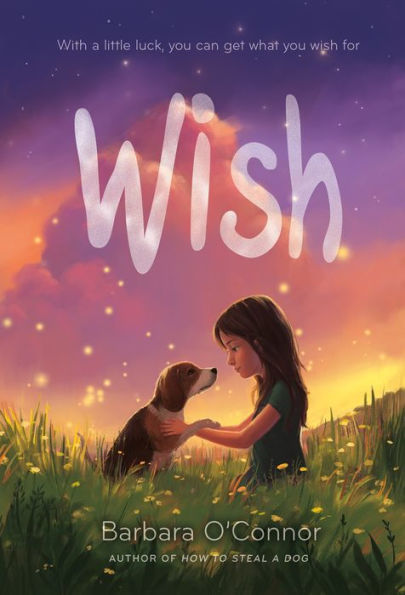More than anything, Tommy wants to be a cowboy just like the great Gary Cooper or the Lone Ranger, but really he’s more of a bully. He picks on other kids at school, gets into fights, and acts more like one of the bad guys than the cowboy he wants to be. But there’s a reason Tommy misbehaves: things at home are bad. After his sister is badly burned doing a chore that it was Tommy’s turn to do, his mother’s usual moodiness and scoldings turn into beatings. Tommy is racked with guilt. And without his sister, who is hospitalized, he’s left alone to face his mother’s anger.
As the beatings get worse, Tommy’s bullying spirals out of control. He’s even caught stealing from the neighborhood store. Instead of taking his punishment as a true cowboy would, Tommy seeks revenge on the store’s owner, Mr. McKenzie, by framing him as a communist. The results are disastrous.
But in his heart, Tommy knows a cowboy would make things right, so he sets out to find the real communist. But when the real communist is uncovered, it may make Tommy question what it really means to be one of the good guys.
The Paper Cowboy is a compelling story told from Tommy’s point of view. As Tommy navigates through life, he takes inspiration from the cowboys he has seen in movies. Tommy “longed to be a cowboy. Not a bully. But a cowboy who stands up to others. Who fights for the people he loves, for the town they live in.” After Tommy frames Mr. McKenzie for revenge, Tommy is racked with guilt and he becomes convinced that finding the real Commie is the only solution. As Tommy talks about his dilemma, one character says, “It only takes a little poison to ruin a well on a farm, or to spoil a reputation in a big city.” Later, someone tells him, “It doesn’t matter what you intended. The damage has been done. It’s easy to start a rumor. Much harder to stop it.”
The Paper Cowboy portrays the fear of the McCarthy Era by focusing on the townspeople Tommy comes into contact with. It is through these interactions that Tommy stops judging people based on their appearances and instead judges them based on their character. When Tommy is determined to prove that his neighbor, Mrs. Glazov, is a communist, he begins spending time with her hoping that he can find evidence. He thinks she is a communist, but as he learns more about Mrs. Glazov, he begins to like her and wonders, “What was wrong with me?” In the end, Tommy comes to the conclusion that Mrs. Glazov doesn’t belong in jail, even if she is a communist.
Readers will quickly get caught up in Tommy’s world. While Tommy isn’t always likable, readers will empathize with him as he struggles to become a better person, to right his wrongs, and to understand others. The Paper Cowboy takes readers back into time and allows them to understand how the politics of the McCarthy era affected one small town. In the end, Tommy grows into a cowboy, is able to emulate Gary Cooper’s good qualities, and makes his father proud. Tommy’s dad says, “It wasn’t the shoot-out that made Gary Cooper a great man. It was that he cared for others. He faced his problems. He didn’t walk away. He solved them. A good cowboy is a leader who looks after his heard and his posse. No one goes missing.” Tommy’s well-developed voice jumps off the page and his experiences will show readers the importance of finding your own voice and doing what is right.
Sexual Content
- Tommy’s sister Mary Lou wanted to wear lipstick, but her mom “wouldn’t let her. She said it was only for loose women. I wondered what that meant. . .”
Violence
- Tommy’s mom is abusive. She frequently yells and slaps him. After Tommy steals two yo-yos, his mother makes him take his pants down. “This was standard procedure for a whipping. I didn’t mind so much with my dad, but it was humiliating to pull down my pants and underwear in front of my mom. I put my hands on the kitchen counter. . . The belt whipped through the air. Eight, nine. It made a whistle and then a slap as it hit me. Ten, eleven. She didn’t stop. Mom kept hitting me, again and again, until finally the belt snapped back and hit her on the chin. . . In the quiet, I could feel each individual welt on my buttocks. There were tears on my face, but I wiped them away.” Tommy thinks he deserved the punishment.
- Tommy mentions Mr. and Mrs. Rosenberg who were “convicted of spying for the Soviets.” They were executed. During recess, Tommy and his friends like to play “electric-chair tag.”
- One of Tommy’s classmates has a burn scar on his face. The boy’s father explains, “It happened during the war. There was an air raid and we’d made it to the shelter. We thought we were safe. . . But a bomb caused a water heater to explode and it scarred his face.”
- When a boy tells the store owner that Tommy stole the yo-yos, Tommy punched the boy in the stomach and the boy “bent over double.” Later, Tommy shoves the boy, who “lost his balance and fell into the dirt.”
- Tommy’s mom gets upset at him and commands him to take his pants down. “When Mom started whipping me, I tried to make myself concentrate on normal things. . . But Mom just didn’t stop. I could feel the welts forming on welts on my butt. And when a lash went wild and hit my back, I couldn’t help crying out. . . Mom kept hitting me. It felt like a thousand bees, stinging me at once. . . Mom kept on. And Dad never came in to see if I was okay.”
- Tommy’s neighbor tells him why she came to America. “The Nazis not just throw me in camp. They kill my boys and my husband.”
- Tommy’s mom is upset that Tommy gave Mary Lou a pain pill. “Mom yelled at me to stop [crying], and I tried to, I really did. I wanted to be tough and stoic, but the tears kept coming. . .” Mary Lou told their mom to stop. “I knew Mary Lou was trying to help, but it was mortifying to have my older sister see me, my pants around my ankles, crying like a baby. . .Mom just ignored Mary Lou and kept hitting me. . .Mom paused, the belt dangling from her hand. . .Mom was breathing hard, sweat on her forehead, even though it was cold in the room.” Tommy’s dad intervenes.
- Tommy and his friend, Eddie, play a mean joke on Little Skinny. At school, Little Skinny confronts them and “punched Eddie in the stomach. . . Little Skinny had his full weight on top of Eddie and was pounding away. One hit after another, I could see the blood pour out of Eddie’s nose.”
- When Tommy is late, his mother slaps him. Tommy tells her, “’Go ahead. Slap the other side.’ She did.” One of the school nuns intervenes.
- Tommy’s dog is hit by a car. “There was a huge red gash from one end of his belly to the other. . . I was pretty sure I could see his guts hanging out.” Tommy takes the dog to an adult friend, who is able to sew the dog’s wound. The dog lives.
- When Tommy misses the bus, his mom “didn’t wait for me to pull down my pants this time, just slammed my hands down on the counter and started hitting me. . . I was too terrified to cry. Her blows were wild now, as likely to hit my back or my legs as my buttocks.” Tommy’s sister Pinky tries to stop her mom. “The belt flew through the air again. Pinky gasped. A big welt rose up on her skinny little arm.” Tommy yells and runs out of the house. The scene is described over three pages.
- Tommy doesn’t keep his best friend, Eddie’s, secret. So at school, Eddie, “slugged me in the stomach. I wasn’t expecting the blow and I fell to the ground. My belly ached, twisted in knots, and for a moment, I thought I was going to throw up.” Tommy thinks about his mom’s beatings and doesn’t hit back.
- Tommy, Eddie, and their dads go fishing. Eddie’s dad, Mr. Sullivan, gets drunk and the men start arguing. Mr. Sullivan “slapped Eddie on the cheek” for being disrespectful. Then Mr. Sullivan began shaking Eddie. Tommy thinks, “I bet it hurt being shaken like that. It had hurt when Mom had hit me.”
- As the men’s arguing escalates, Mr. Sullivan “pulled out a handgun and pointed it at my dad’s face. . . Dad picked up the knife we used to gut fish.” Tommy and Eddie work together to diffuse the situation. Mr. Sullivan, “still had the gun pointed at my dad, but it was a bit lower now. . . Eddie and I both jumped onto his father, knocking him to the ground. The gun went off, but the bullet went wild, into the marshy grass.”
Drugs and Alcohol
- While Mary Lou is in the hospital, the doctors give her morphine for the pain. Her mother worries that “she’ll become an addict!”
- When Mary Lou is allowed to go home for a visit, her mom “started rationing Mary Lou’s pain pills.” Her mom is worried that Mary Lou would become a drug addict.
- When the sheriff goes to talk to the store owner, the owner gives the sheriff a beer.
- On Halloween, a doctor gives Tommy’s mom “a pill” to help her sleep. After that, Tommy’s mom continues to take the pills and sleeps a lot.
- After Tommy’s father goes to see Mary Lou, he comes home smelling like whiskey.
- On Thanksgiving, Tommy’s father leaves and when he comes back, he “smelled like alcohol again.”
- While in a courtroom, Tommy “listened to the next case: a man who had had too much to drink had backed his car into his neighbor’s bed of prize-winning roses.”
- A man is fired because he was drinking at work.
- While eating lunch with a friend, Tommy’s dad has a beer.
Language
- The kids in the book occasionally call each other names such as stupid, jerk, and idiot.
- Crap is used once.
- A boy tells the store owner that Tommy stole the yo-yos, and Tommy calls the boy an idiot and a rat. Tommy’s friend calls the boy a tattletale.
- Tommy calls a fat classmate, “Little Skinny.” Tommy often calls Little Skinny names such as idiot and fatty.
- Tommy’s mom has to go in front of a judge for a speeding ticket. She curses to the judge in Polish, saying “pieprzony dupku!”
- Tommy calls a girl, “Lizard-Face.” One of his friends joins in and calls someone else, “Monkey-Head.”
Supernatural
Spiritual Content
- Tommy’s family is Catholic and he goes to a Catholic school. When Tommy’s sister is burned, his mom says “prayers to the Virgin Mary.” Tommy says, “so many Hail Marys, it seemed like those were the only words left in the world.”
- At school, the students have mass “every morning. That meant thirty-five minutes of peace and quiet—well, except for the standing up and kneeling, and chanting in Latin, but I could do all that in my sleep.”
- After Tommy’s sister is injured, several people tell him, “We’re praying for your sister.”
- When Tommy sees his sister for the first time after the accident, he begins to cry. He thinks, “I know I should be happy and thanking God, but I couldn’t stop crying.”
- Tommy thinks the “Commies didn’t believe in freedom of religion either. Heck, they didn’t believe in religion at all.”
- One man doesn’t want to include Sam when planning an event because his dad was rumored to be a communist. However, someone reminds the group of, “Ezekiel 18:20. The son shall not bear the guilt of the father.’”
